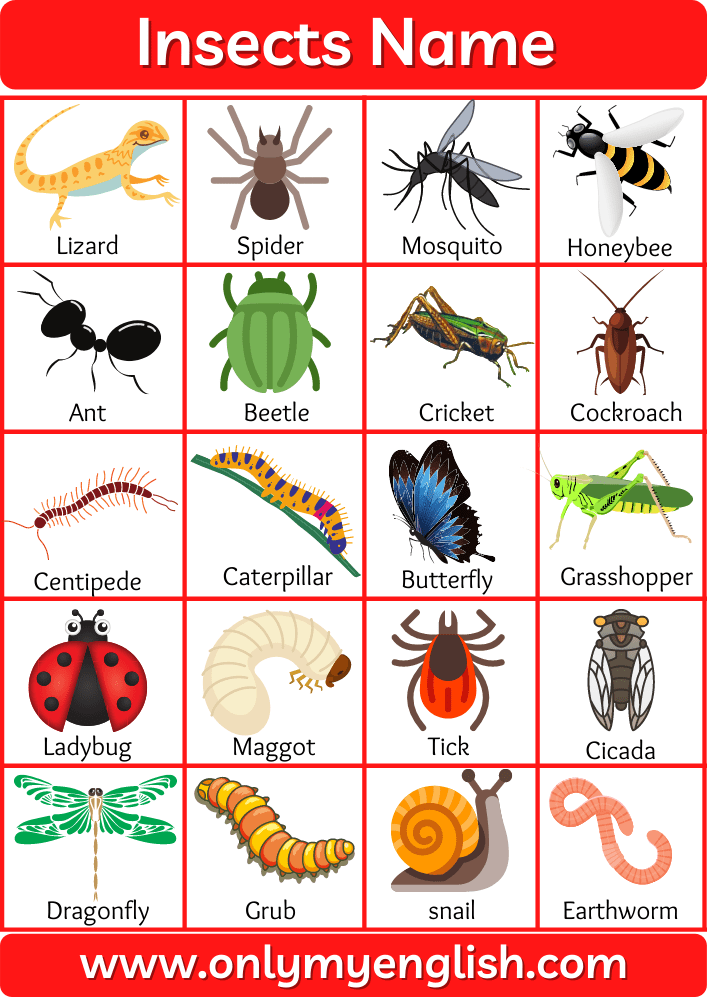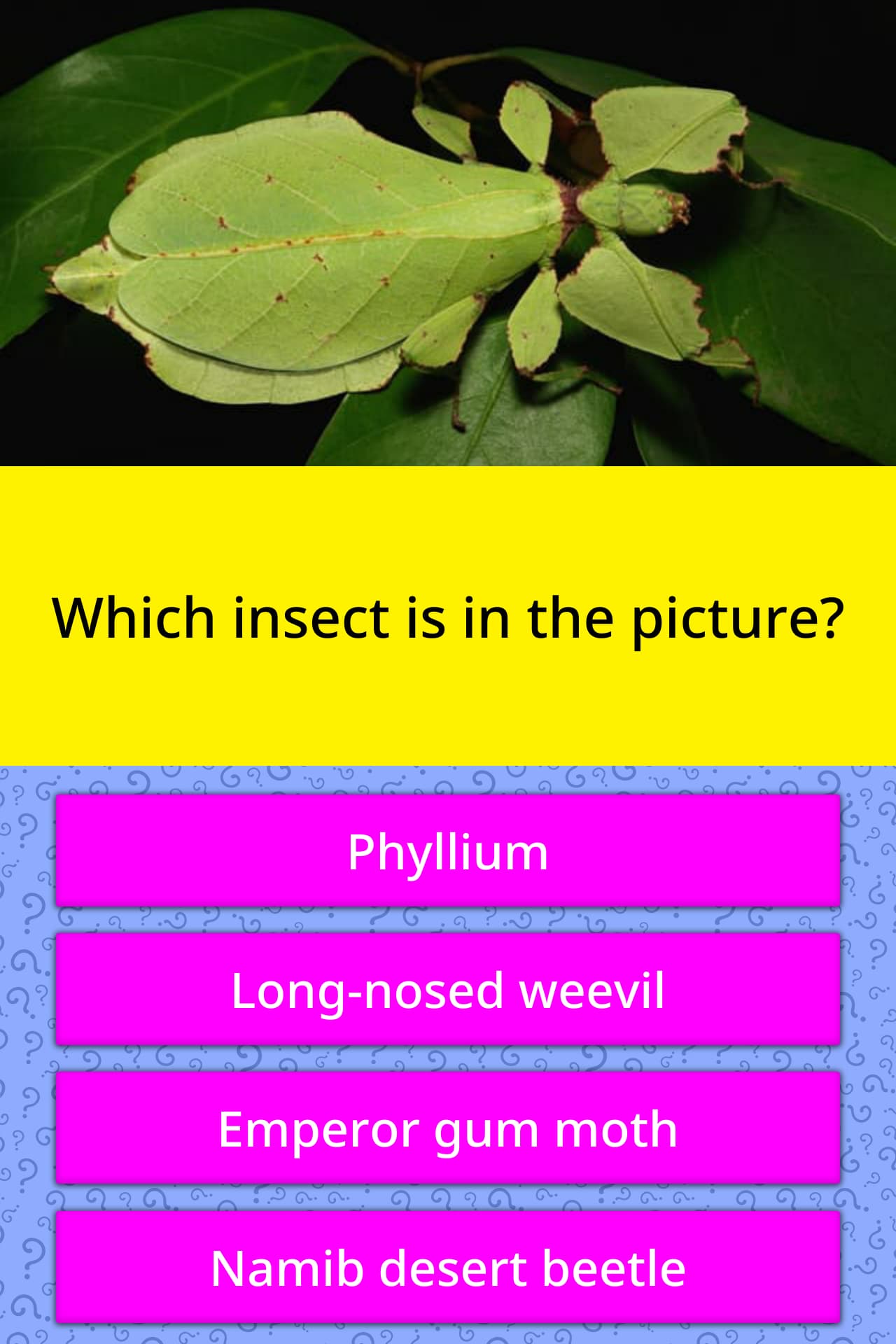scientific word for insect
If you are looking for Insect Science Unit for Kindergarten and 1st Grade | Insects and Bugs you've visit to the right web. We have 10 Pictures about Insect Science Unit for Kindergarten and 1st Grade | Insects and Bugs like Pin on Learning pictures, Insect Science Unit for Kindergarten and 1st Grade | Insects and Bugs and also 100+ List of all Insects Name in English with Pictures » OnlyMyEnglish. Read more:
Insect Science Unit For Kindergarten And 1st Grade | Insects And Bugs
 www.pinterest.com
www.pinterest.com
insects
Pin On Learning Pictures
 www.pinterest.co.uk
www.pinterest.co.uk
Insects Word Wall Cards By Science Spot | TPT
 www.teacherspayteachers.com
www.teacherspayteachers.com
Word Insects With Many Insects On The Leaves 302698 Vector Art At Vecteezy
 www.vecteezy.com
www.vecteezy.com
insects word leaves vector many clipart vecteezy
All About Insects - Informational Text And Vocabulary | Informational
 www.pinterest.com
www.pinterest.com
insects informational insect chronological
Insects: List Of 20+ Names Of Insects In English - My English Tutors
 myenglishtutors.org
myenglishtutors.org
insects english names list business verbs
Pin On *Pint Size Learners Teaching Resources
 www.pinterest.com
www.pinterest.com
100+ List Of All Insects Name In English With Pictures » OnlyMyEnglish
 onlymyenglish.com
onlymyenglish.com
insects insect compound onlymyenglish
What Is An Insect Science Vocabulary Readers Book Level Reader Teacher
 www.ebay.com
www.ebay.com
insect vocabulary
Which Insect Is In The Picture? | Trivia Answers | QuizzClub
 quizzclub.com
quizzclub.com
quizzclub
Insects: list of 20+ names of insects in english. Insects insect compound onlymyenglish. Word insects with many insects on the leaves 302698 vector art at vecteezy. All about insects. 100+ list of all insects name in english with pictures » onlymyenglish. What is an insect science vocabulary readers book level reader teacher. Insects informational insect chronological. Insects word wall cards by science spot. Insects word leaves vector many clipart vecteezy. Insects english names list business verbs. Pin on learning pictures. Insect vocabulary. Insect science unit for kindergarten and 1st grade. Which insect is in the picture?. Pin on *pint size learners teaching resources
Theories Explained
Phototaxis: Seeking fresh or Seeking Darkness?
One prevailing theory re insect resemblance to light is phototaxis, the innate tendency of organisms to have emotional impact towards or away from light stimuli. while determined phototaxis explains why some insects are drawn to light sources, negative phototaxis elucidates the tricks of those that avoid light, seeking refuge in darkness.
Disorientation and Misguided Navigation
Another hypothesis posits that artificial lights interfere subsequent to insects' navigational abilities, leading to disorientation and erratic flight patterns. Insects may become trapped in an endless cycle of circling regarding lively sources, unable to discern a quirk out of their luminous trap.
Misinterpretation of blithe Signals
Intriguingly, positive species of insects may mistake exaggerated lights for natural cues, such as the moon or stars. This misinterpretation can have dire consequences, as insects may expend valuable computer graphics resources attempting to achieve an unattainable destination.
Practical Implications
Ecological Consequences
The fellow feeling of insects to artificial lights can have profound ecological implications, impacting predator-prey dynamics, pollination patterns, and nocturnal ecosystems. Disruptions in these delicate balances may cascade throughout entire ecosystems, potentially leading to unforeseen upshot for biodiversity and ecosystem stability.
Pest management Challenges
For homeowners, businesses, and agricultural enterprises, insect fellow feeling to fresh presents a significant challenge in pest processing efforts. spongy right of entry points, such as windows and doors, have the funds for insects bearing in mind simple permission to indoor environments, where pretentious lights beckon them into unsuspecting spaces.
Conclusion
In summary, the phenomenon of insects beast drawn to well-ventilated is a multifaceted and intriguing aspect of entomology. even though numerous theories try to tell this behavior, the underlying mechanisms remain subject to ongoing research and debate. By gaining a deeper settlement of why insects are attracted to light, we can greater than before mitigate the potential upshot and leverage this knowledge to inform pest dispensation strategies and conservation efforts.